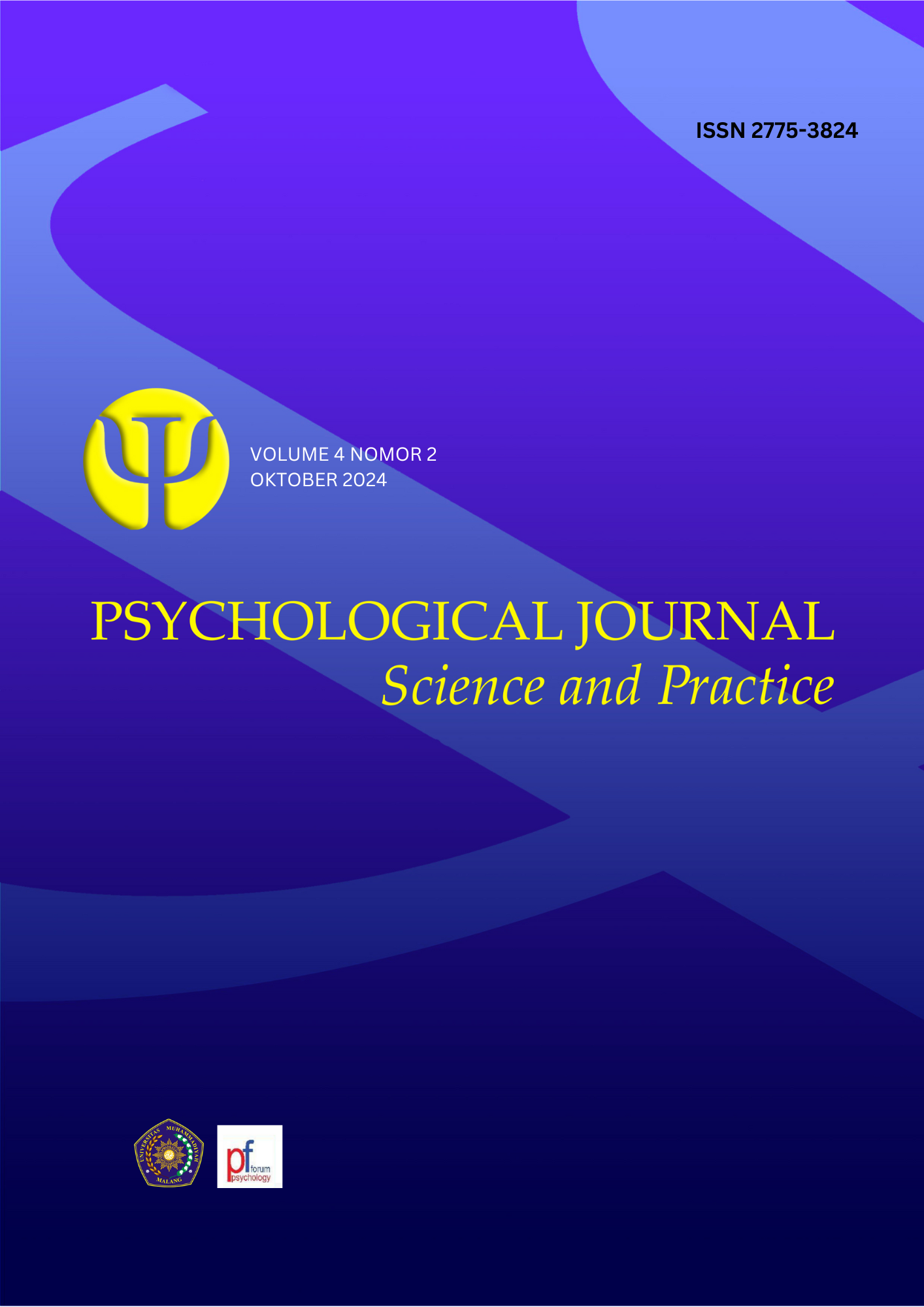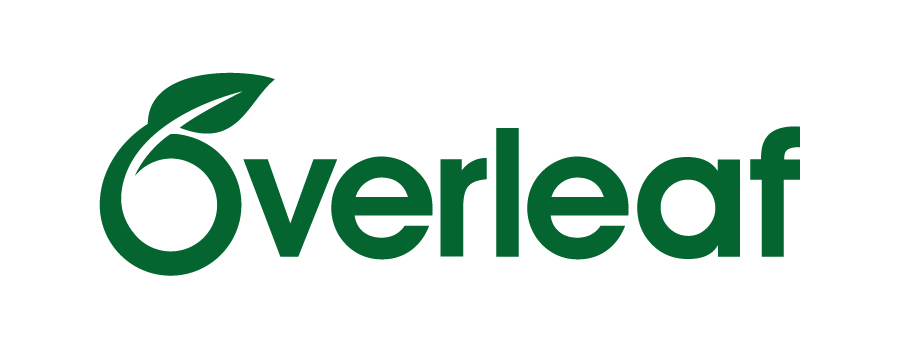Work ethics and social concerns: a study on teacher’s performance
DOI:
https://doi.org/10.22219/pjsp.v4i2.35986Keywords:
Boarding school’s teacher, social concerns, work ethicsAbstract
One of the goals of working is to get salary. But there are some individuals who work for specific goals. One of them is teacher in Islamic boarding schools which requires a lot of extra contribution because they are required to be active in Islamic boarding school activities. This research aims to reveal in depth and provide an overview of the work ethic and social concerns adhered by teachers in Islamic boarding schools by looking at how they perform on a daily basis. This research uses a qualitative method with phenomenological approach. This research was conducted by interviewing 4 subjects with predetermined criteria. Subject selection was carried out using accidental sampling technique. Data collection was carried out using semi-structured interviews. The results of this research are work ethic shown by the teacher’s seriousness and responsibility in overcoming problems that occur, and maximizing their performance while teaching. Coupled with the cooperation built with fellow colleagues, sincerity in carrying out tasks, and independence in solving problems experienced at work. The work ethic of teachers in Islamic boarding schools is colored by social care values which improve their performance. The value of social concerns originates from behavior and norms as well as values adapted from Islamic values commonly adhered by Islamic boarding schools.
Downloads
References
Adekanmbi, F. P., & Ukpere, W. I. (2020). Individual substance abuse , perceived workplace fairness and organisational factors as predictors of absenteeism among civil servants in Oyo State. PSYCHOLOGY AND EDUCATION, 5(57).
Adler, A. (1997). Understanding Life (C. Brett (ed.)). Oneworld Publications.
Aguiar-quintana, T., Hong, T., Nguyen, H., & Araujo-cabrera, Y. (2021). Do job insecurity , anxiety and depression caused by the COVID-19 pandemic influence hotel employees ’ self-rated task performance ? The moderating role of employee resilience. International Journal of Hospitality Management, 94. https://doi.org/10.1016/j.ijhm.2021.102868
Ahyar, H., Maret, U. S., Andriani, H., Sukmana, D. J., Mada, U. G., Hardani, S.Pd., M. S., Nur Hikmatul Auliya, G. C. B., Helmina Andriani, M. S., Fardani, R. A., Ustiawaty, J., Utami, E. F., Sukmana, D. J., & Istiqomah, R. R. (2020). Buku Metode Penelitian Kualitatif & Kuantitatif.
Akbar, M., Suhrah, S., Wahid, A., & Afnir, N. (2022). Islamic Boarding School as a Role Model for Character Education. ICONIK : International Conference Transdisciplinary Paradigm on Islamic Knowledge Research, 2022, 623–632. https://doi.org/10.18502/kss.v7i8.10780
Al Asyari, A. H. (2022). Tantangan Sistem Pendidikan Pesantren di Era Modern. Risalatuna: Journal of Pesantren Studies, 2(1), 127. https://doi.org/10.54471/rjps.v2i1.1572
Alam, M. A., & Talib, N. (2015). Islamic work ethics and individualism in managing a globalized workplace: Does religiosity and nationality matter? Journal of Management and Organization, 22(4), 566–582. https://doi.org/10.1017/jmo.2015.54
Anas, M. (2018). The model of character teacher : Phenomenology at Daruttaqwa Gresik Islamic Boarding School. : : Journal of Islamic Culture and Education, 3(2), 131–152. https://doi.org/10.18326/attarbiyah.v3i2.131-152
Borrico, C. C., Borrico, L. C., & Borrico, C. B. C. (2019). Work Ethics of the Proficient Teachers : Basis for a District Learning Action Cell ( LAC ) Plan. Asia Pacific Higher Education Research Journal, 7(1).
Fahrun, M. (2023). Optimalisasi Mutu Kinerja SDM ( Ustadz ) Pondok Pesantren di TMI Al-Amien Prenduan Madura. Journal of Islamic Education Management, 4(1), 35–52.
Farid, M., & Pratitis, N. T. (2022). Kesejahteraan psikologis guru non-Pegawai Negeri Sipil ( PNS ): Menguji peranan relisiensi dan kebersyukuran Pendahuluan. INNER: Journal of Psychological Research, 2(2), 160–169.
Fauzan, U., & Malihah, N. (2022). Characteristics of Islamic Religious Education in Boarding School Curriculum. Southeast Asian Journal of Islamic Education, 04(02), 197–207.
Gheitani, A., Imani, S., Seyyedamiri, N., & Foroudi, P. (2019). Mediating effect of intrinsic motivation on the relationship between Islamic work ethic, job satisfaction, and organizational commitment in banking sector. International Journal of Islamic and Middle Eastern Finance and Management, 12(1), 76–95. https://doi.org/10.1108/IMEFM-01-2018-0029
Ghias, W. (2020). Impact of Islamic Work Ethics on Courageous followership behavior : Evidence from International Non-Profit Organization in Pakistan. Pakistan Journal of Social Sciences, 40(1), 193–203.
Güney, S., & Şahin, S. (2021). The Effect of Organizational Climate on Employee Motivation and a Research. The International Journal of Business & Management, 9(7), 217–231. https://doi.org/10.24940/theijbm/2021/v9/i7/bm2107-001
Hadi, A., Asrori, & Rusman. (2021). Penelitian Kualitatif Studi Fenomenologi, Case Study, Grounded Theory, Etnografi, Biografi. In Banyumas : CV. Pena Persada. CV. Pena Persada.
Heinz, L. (1970). Adler and humanistic 1, psychology 2. 53–63.
Indryawati, R. (2023). Kontribusi Kepribadian Openness To Experience, Etos Kerja Dan Efikasi Diri Terhadap Kepuasan Kerja Pada Guru Paud. Arjwa: Jurnal Psikologi, 2(1), 19–34. https://doi.org/10.35760/arjwa.2023.v2i1.7643
Ji, J., Kim, M., Ko, S., Jung, M., Han, J., & Seo, B. (2021). Effect of Stress , Impulsivity , Peer Attachment and Social Interest on Gambling Behavior. Korean Journal of Food & Health Convergence, 7(2), 11–24.
Koycu, E., & Hidir, E. (2023). IKHLAS AND SINCERITY ACCORDING TO VERSES AND HADITHS. SCIENTIFIC WORK International Scientific Journal, 17(11), 8–18.
Kurniawan, N., & Limei, S. (2023). Improving Students ’ Islamic Behavior through Teacher Prophetic Education Model. International Journal of Educational Narratives, 1(1).
Leak, G. K. (2011). Confirmatory Factor Analysis of the Social Interest Index. SAGE Journal. https://doi.org/10.1177/2158244011432787
Maghfiroh, H. (2021). Kepatuhan Santri Ndalem Pesantren Salaf Mamba ’ ul Hikam Kabupaten Blitar. Seminar Nasional “Memperkuat Kontribusi Kesehatan Mental Dalam Penyelesaian Pandemi Covid 19: Tinjauan Multidisipliner,” April, 297–303.
Mariatie, N., & Hasanah, S. (2021). Pengaruh Pendidikan dan Pelatihan terhadap Etos Kerja serta Implikasinya terhadap Kinerja. EKOMABIS: Jurnal Ekonomi Manajemen Bisnis, 2(02), 191–202.
Mazraeh, N., Khorodamini, S., Hesam, M., & Rasti, A. (2023). The Role of Social Interest and Empathy on Helping Behaviors during Floods. Anales de Psicología, 39(1), 119–126.
Mohammed, M. M., Nor, M. N., Omar, S., Aslam, M. Z., & Hasnunanipbustaman. (2022). the Effect of Islamic Work Ethics on Academics’ Career Success: the Mediating Role of Psychological Capital Resources. Hamdard Islamicus, 45(3), 101–129. https://doi.org/10.57144/hi.v45i3.322
Mundiri, A., & Zahra, I. (2017). Corak Representasi identitas Ustadz Dalam Proses Transmisi Pendidikan Karakter Di Pesantren. Jurnal Pendidikan Islam Indonesia, 2(1), 21–35.
Munjisari, D. N., & Izzati, U. A. (2021). HUBUNGAN ANTARA ETOS KERJA DENGAN KOMITMEN ORGANISASI PADA GURU SMK SWASTA X Dewi Ningtias Munjasari Umi Anugerah Izzati Abstrak Abstact. Jurnal Penelitian Psikologi, 8(4).
Onah, F. N. (2022). Work Ethics and Sustainable Service Delivery in Nigeria Public Service. … of Economics and …, 7(2). http://jearecons.com/index.php/jearecons/article/view/210
Rozak, A. (2023). ANALISIS PERAN GURU PENDIDIKAN AGAMA ISLAM DALAM MEMBENTUK KARAKTER RELIGIUS SISWA KELAS VII DI SEKOLAH MTS NEGERI 01 PAMULANG TANGERANG SELATAN : PENDEKATAN METODE LITERATURE STUDY AND REVIEW ( LSR ). 6(April), 1–8.
Shupitskaya, A. (2018). SOCIAL INTEREST IN FINANCIAL REGULATION. Conference: XVI International Scientific Conference, 105–114. https://doi.org/10.15290/oolscprepi.2018.08
Soleman, M. M., Armanu, Aisjah, S., & Sudjatno. (2020). Islamic job satisfaction, organizational commitment, and intention to leave: Moderating role of Islamic work ethics. Management Science Letters, 10(6), 1359–1368. https://doi.org/10.5267/j.msl.2019.11.021
Suntara, R. A., Asista, A., & Khadijah. (2022). Penguatan karakter peduli sosial generasi muda melalui komunitas pegiat sosial dan pendidikan. JIPIS - Universitas Islam Syekh Yusuf, 31(2).
Sutanto, T. H., & Budiharto, S. (2020). Efektivitas Pelatihan Kebersyukuran dalam Meningkatkan Komitmen Afektif Karyawan. Psikostudia : Jurnal Pikologi, 9(3), 195–204. https://doi.org/10.30872/psikostudia
Teladan, S., & Muda, G. (2022). Karakter kerja keras chairul tanjung si anak singkong sebagai teladan generasi muda. Jurnal Pendidikan Sejarah & Sejarah FKIP Universitas Jambi, 1(1), 109–115.
Valentino, F., Romas, M. Z., & Harahap, D. H. (2022). Hubungan Antara Reward dan Kinerja Karyawan di X Kopi dan. Jurnal Psikologi, 18(2), 44–51.
Wu, J., & Zhou, J. (2022). How the configurations of job autonomy , work – family interference , and demographics boost job satisfaction : an empirical study using fsQCA. Asian Business & Management, 21(4), 547–568. https://doi.org/10.1057/s41291-020-00138-8
Zulfiqar, S., & Tahir, B. (2015). The Attitude of Santri and Ustadz Toward Multilingual Education at Pesantren. International Journal of Language and Linguistics, 3(4), 210–216. https://doi.org/10.11648/j.ijll.20150304.13
Downloads
Published
How to Cite
Issue
Section
License
Copyright (c) 2024 Kunti Zakiyyatal Firdausiyyah

This work is licensed under a Creative Commons Attribution-ShareAlike 4.0 International License.
Authors who publish with Psychological Journal: Science and Practice (PJSP) agree to the following terms:
- For all articles published in Psychological Journal: Science and Practice (PJSP), copyright is retained by the authors. Authors give permission to the publisher to announce the work with conditions. When the manuscript is accepted for publication, the authors agree to automatic transfer of the publishing right to the publisher.
- Authors retain copyright and grant the journal right of first publication with the work simultaneously licensed under a Creative Commons Attribution-ShareAlike 4.0 International License that allows others to share the work with an acknowledgment of the work's authorship and initial publication in this journal.
- Authors are able to enter into separate, additional contractual arrangements for the non-exclusive distribution of the journal's published version of the work (e.g., post it to an institutional repository or publish it in a book), with an acknowledgment of its initial publication in this journal.
- Authors are permitted and encouraged to post their work online (e.g., in institutional repositories or on their website) prior to and during the submission process, as it can lead to productive exchanges, as well as earlier and greater citation of published wor (See The Effect of Open Access).
This work is licensed under a Creative Commons Attribution-ShareAlike 4.0 International License.








